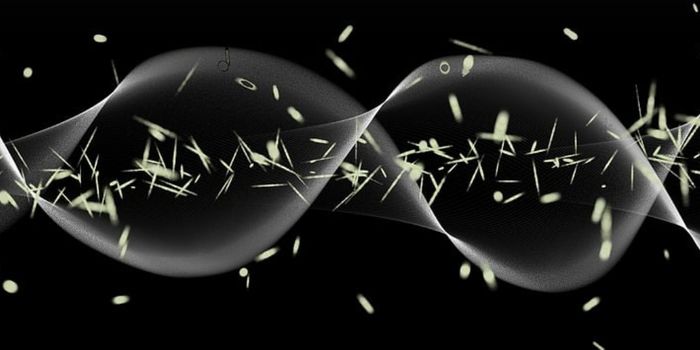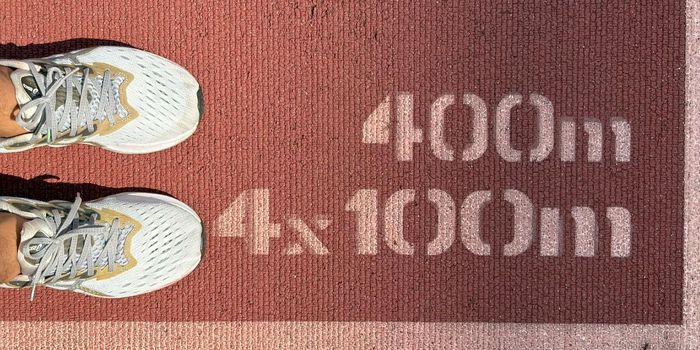Investigating Prosthetic Memory Implants
The brain mechanism that regulates memory is a frequent topic of research. Between strokes, brain injuries, age-related decline, and dementia, millions of people are living with some form of memory loss.
If a way to stop this loss or restore some of it could be found, it would be a medical miracle for many. Scientists at Wake Forest Baptist Medical Center and the University of Southern California (USC) may be on the way to doing just that. In a project funded by the Defense Advanced Research Projects Agency (DARPA) they have developed an implantable system that uses a patient's unique memory patterns to help improve memory. Much like an artificial arm or leg that an amputee might have the process could be used as a prosthetic memory aid. The initial study showed that a 35 to 37 percent improvement in baseline memory is possible.
The team focused on episodic memory, which is the area in which most people who have memory loss experience deficits. Episodic memory allows the brain to store information like where a person may have parked their car. Episodic memory is always new information that usually is only retained for a short time. Reference memory involves long-term memories, such as skills or information that must be retained over time and recalled often.
The team worked with epilepsy patients who were already enrolled in a study that involved placing electrodes deep into the brain. Research into exactly how seizures begin is often carried out with implanted electrodes, so these brave patients are a gift to research into other neurological conditions. These patients underwent functional MRI scans to record the neural patterns of electrical activity that happens in the hippocampus. When the volunteers were asked to look at pictures and then recall what they had seen, the electrodes recorded what happened in the brain and then using a multi-input-multi-output (MIMO) nonlinear mathematical model recorded the "codes" of brain activity during the scans.
The participants were asked to look at a simple image of a block of color and then after a break were asked to pick the image they had seen from a group of similar photos. This established a baseline level of memory. When the researchers took the code, they had recorded in the scans and implemented it into the brain, the memory abilities of the volunteers improved. In further tests with more complex images and longer breaks, playing back the code via the implanted electrodes resulted in better memory performance.
Study lead author, Robert Hampson, Ph.D., professor of physiology/pharmacology and neurology at Wake Forest Baptist, explained, "We showed that we could tap into a patient's own memory content, reinforce it and feed it back to the patient. Even when a person's memory is impaired, it is possible to identify the neural firing patterns that indicate correct memory formation and separate them from the patterns that are incorrect. We can then feed in the correct patterns to assist the patient's brain in accurately forming new memories, not as a replacement for innate memory function, but as a boost to it. To date, we've been trying to determine whether we can improve the memory skill people still have. In the future, we hope to be able to help people hold onto specific memories, such as where they live or what their grandkids look like when their overall memory begins to fail." The video below talks more about the study, check it out. Perhaps this could be the way forward for memory loss?
Sources: Forbes Wake Forest









